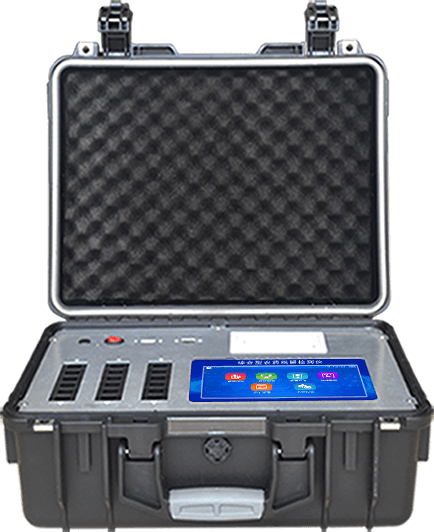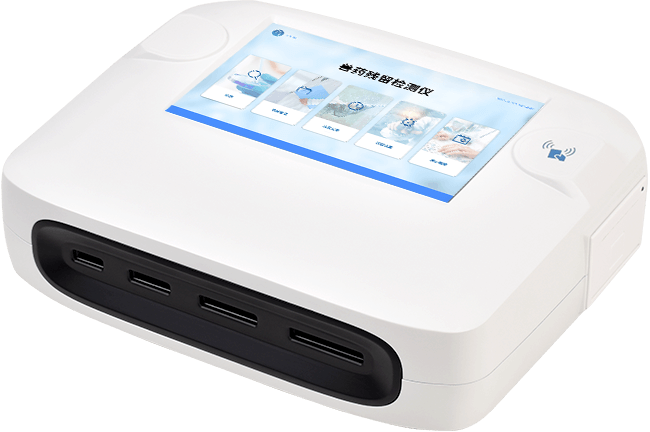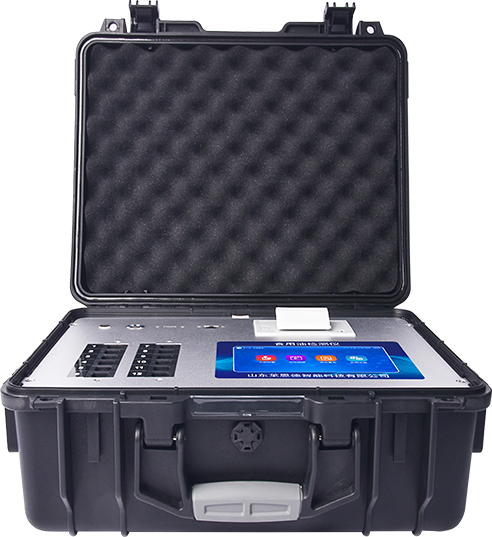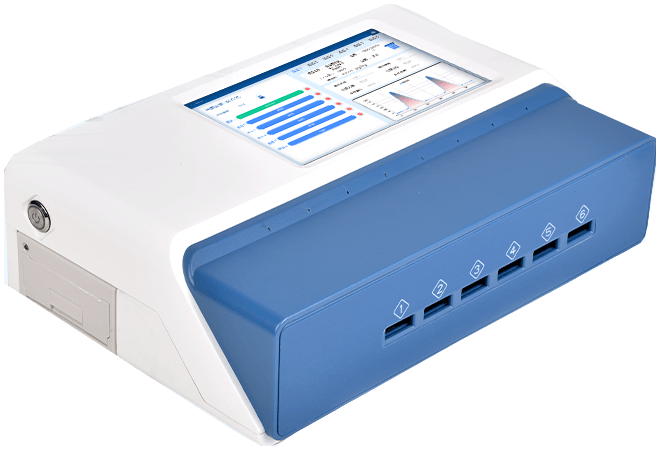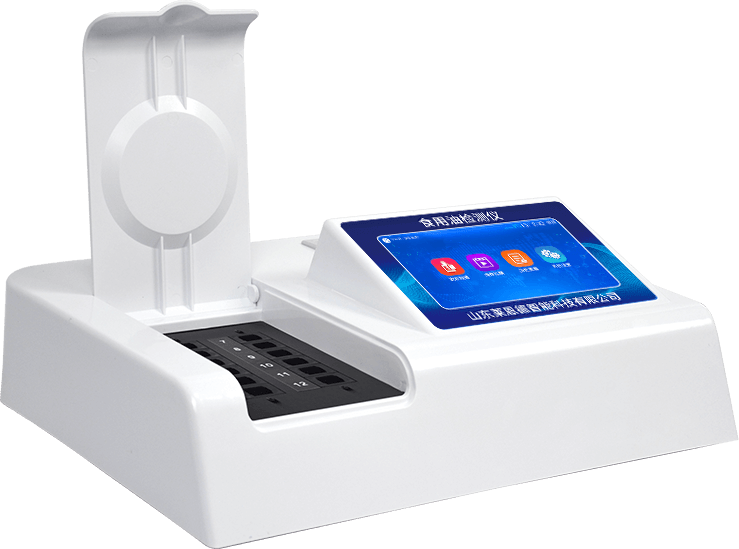
Edible Oil Analyzer
- Product Number:LD-SG12
- Product Difference:Rapid detection of acid value and peroxide value content in edible vegetable oils, edible lard, peanut oil, sunflower oil, rice bran oil, food products, and meat products
Product Introduction
The Edible Oil Rapid Testing Instrument is an integrated rapid testing and analysis device for edible oils, capable of quickly detecting acid value and peroxide value content in edible vegetable oils, edible lard, peanut oil, sunflower oil, rice bran oil, food products, and meat products. Through testing, it can determine whether vegetable oils meet standards or are substandard oils, such as recycled cooking oil. The instrument reserves additional testing programs and ports, allowing users to conveniently add new testing projects as needed in the future. It can be upgraded to a comprehensive testing instrument capable of analyzing aquatic products and flour-based foods.
It is widely used in fried food production facilities, food and drug administration bureaus, health departments, meat product processing enterprises, supermarkets, and various food safety monitoring systems.
Product Features
Android smart operating system, featuring more efficient and user-friendly operations. The device supports Ethernet connectivity, Wi-Fi data upload, and GPRS wireless remote transmission, enabling rapid data upload.
Integrated portable rapid testing device designed to meet on-site and mobile testing requirements. All testing projects can be conducted under the same software, with test results displayed intuitively through a single interface.
The main control chip uses an ARM Cortex-A7 processor with an RK3288/4-core CPU, operating at a clock speed of 1.88 GHz, ensuring faster processing speeds and enhanced stability.
Testing channels: ≥12 testing channels, capable of simultaneously testing multiple samples. Each sample is controlled by the program to operate independently, preventing interference between samples.
The instrument has built-in protection features, including the ability to set usernames and passwords to prevent unauthorized personnel from operating the device.
Display: ≥7-inch LCD touchscreen display with a user-friendly Chinese interface, providing intuitive and simple readings.
Equipped with a new-generation embedded thermal printer, supporting manual or automatic printing. Upon completion of testing, it can automatically print test reports and QR codes.
The light source uses imported high-brightness LEDs, offering high precision, strong stability, controllable light sources, and the ability to turn off unused light sources, resulting in lower power consumption. The light source brightness is automatically adjusted and calibrated.
Highly intelligent, the instrument features self-diagnostic functions: it includes power-on self-test and zero calibration functions, as well as automatic detection of repeatability.
It has a diverse sample menu library, allowing flexible selection of test samples. Different detection channels can simultaneously test different sample parameters.
Continuous sample feeding and testing, with automatic incrementing of sample numbers, simplifies sample processing. The overall operation is fast, safe, and convenient.
The instrument is equipped with a regulatory platform. Data can be uploaded via local area networks or the internet, with test results directly transmitted to the food safety regulatory platform. This enables regional food safety regulation and big data analysis, monitoring short-term and long-term trends in regional food safety, and achieving food safety issue prediction and early warning.
The instrument has a built-in powerful database, allowing users to directly select sample names, testing indicators, and submitting units on the instrument, or directly edit and input sample names, testing indicators, and submitting units on the instrument and save them into the sample database.
Powered by 12V DC, it can be connected to a vehicle power supply and can be equipped with a 6Ah high-capacity rechargeable lithium battery, making it convenient for outdoor mobile testing.
High sensitivity, high detection accuracy, and high repeatability accuracy, featuring a scanning-type high-precision optical sensor.
The result judgment line can be modified, and reference values and calibration values can be saved, with no data loss in case of power failure.
Test results can be batch-printed and batch-uploaded.
Features re-calibration, lock, and factory reset functions.
Features a USB 2.0 interface design, supports USB flash drive storage for convenient data storage and transfer, and can be directly connected to a computer at any time, with computer control of the instrument. Enables data querying, browsing, analysis, statistics, and printing.
Dual-wavelength cold light source, with each channel equipped with 405 nm and 528 nm wavelength light sources. It comes standard with an advanced optical path switching device, and the patented optical path switching function can achieve up to 64 wavelengths. All testing projects can be performed simultaneously across all channels.
Built-in new national limit standards, enabling on-site comparison with test results, and continuously updated standards.
Intelligent constant current voltage regulation with automatic light intensity calibration ensures no temperature drift in the light source during prolonged continuous operation.
Test parameters are expandable, with support for high-capacity lithium batteries and firmware upgrades.
Product parameters
| Accuracy error | ±3% |
| Linear error | ±5‰ |
| Stability | ±0.001A/hr |
| Wavelength accuracy | < 2.0 nm |
| Transmittance Repeatability | ±1% |
| Lower Limit for Edible Oil Testing | 0.2 mg KOH/g |
| Lower Limit for Meat Products and Food Testing | 0.5 mg KOH/g |
| Linear range | 0.2–10 mg KOH/g |
| Data storage | 200,000 entries |
| Cuvette | 10×10 mm standard sample cell |


 +86 19353291814
+86 19353291814